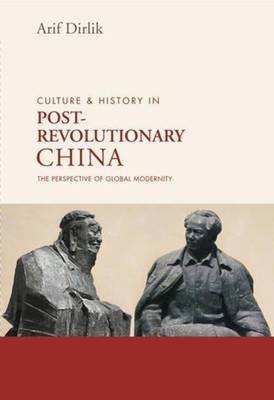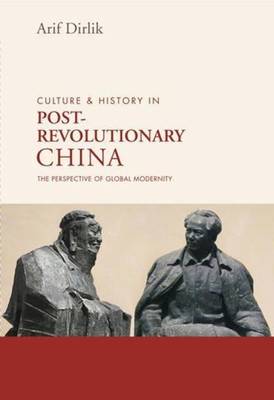
Je cadeautjes zeker op tijd in huis hebben voor de feestdagen? Kom langs in onze winkels en vind het perfecte geschenk!
- Afhalen na 1 uur in een winkel met voorraad
- Gratis thuislevering in België vanaf € 30
- Ruim aanbod met 7 miljoen producten
Je cadeautjes zeker op tijd in huis hebben voor de feestdagen? Kom langs in onze winkels en vind het perfecte geschenk!
- Afhalen na 1 uur in een winkel met voorraad
- Gratis thuislevering in België vanaf € 30
- Ruim aanbod met 7 miljoen producten
Zoeken
Culture & History in Postrevolutionary China
The Perspective of Global Modernity
Arif Dirlik
Hardcover
€ 56,95
+ 113 punten
Omschrijving
Offering critical perspectives on a number of ideological issues that have figured prominently in Chinese intellectual discourse since the beginning of the so-called ‘reform and opening’ in the late 1970s, these essays range widely in subject matter, from Marxist historiography to sociology and anthropology in China to guoxue/national studies.
Specificaties
Betrokkenen
- Auteur(s):
- Uitgeverij:
Inhoud
- Aantal bladzijden:
- 342
Eigenschappen
- Productcode (EAN):
- 9789629964740
- Verschijningsdatum:
- 30/01/2012
- Uitvoering:
- Hardcover
- Afmetingen:
- 165 mm x 226 mm
- Gewicht:
- 578 g

Alleen bij Standaard Boekhandel
+ 113 punten op je klantenkaart van Standaard Boekhandel
Beoordelingen
We publiceren alleen reviews die voldoen aan de voorwaarden voor reviews. Bekijk onze voorwaarden voor reviews.









